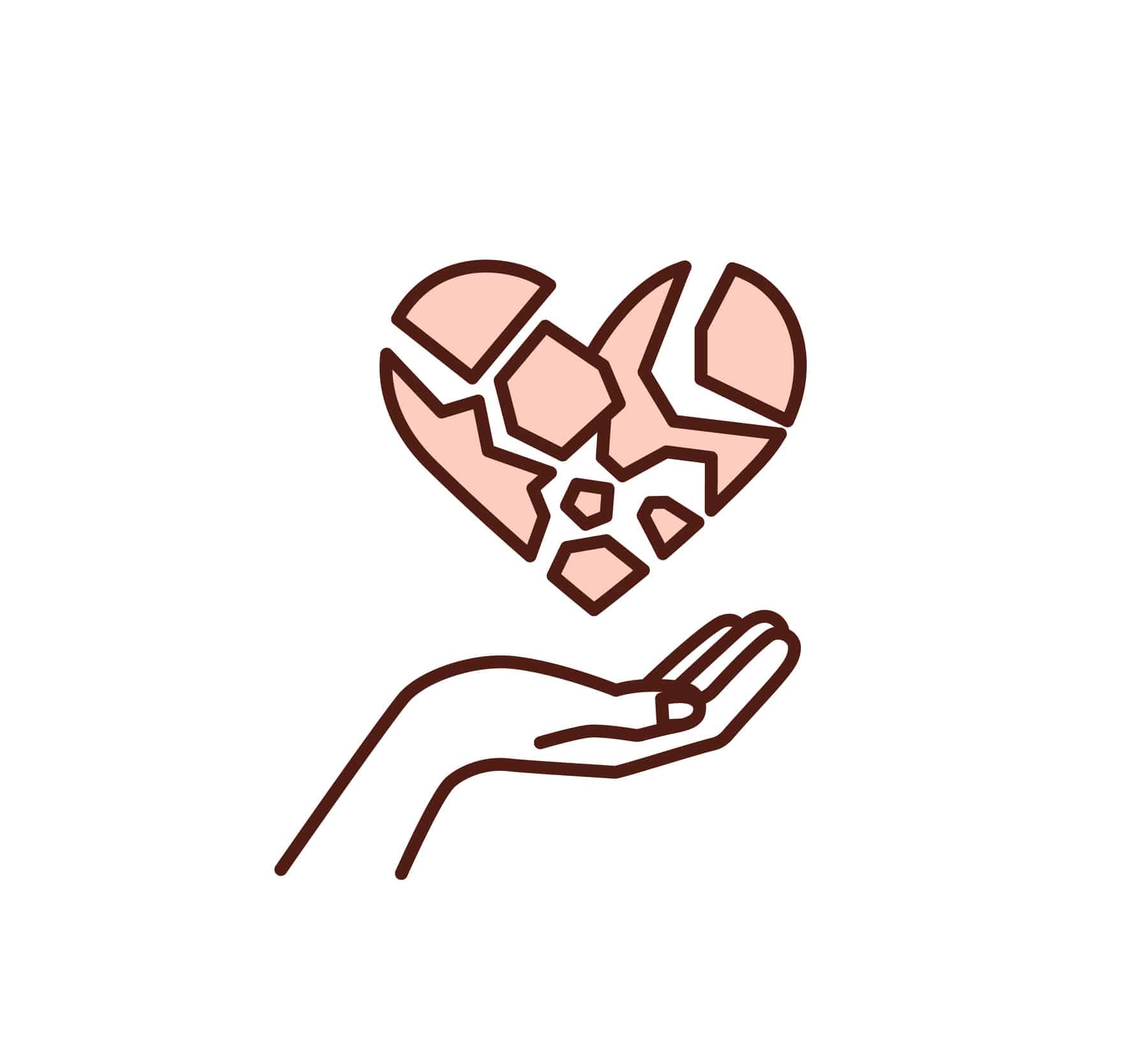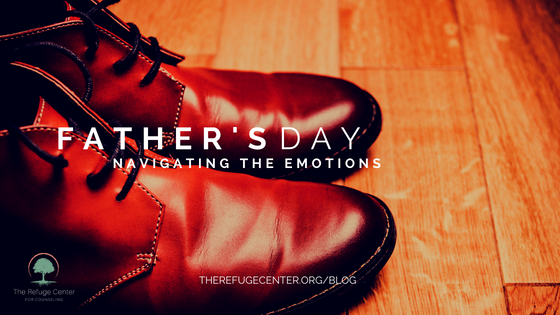Processing Bereavement and Loss
One of the most difficult parts of existing in a connected world with family, friends, and other loved ones is the inevitable final stage of the walk of life: death. It is a part of humans’ natural cycle of life, but nothing about losing a loved one feels natural to one who’s in the midst of it. Bereavement is described by Lawrence Robinson and Melinda Smith as, “the grief and mourning experience following the death of a loved one” (2024). Grief is what someone goes through when they are experiencing any kind of loss like the death of a loved one, divorce, job loss, or even the loss of a home. Grief and Bereavement are two concepts cut from the same cloth, but there are levels of differences that are present when someone loses a loved one, rather than experiencing other types of loss.
Losing a loved one can affect us in several ways, and each person can react to the same loss in completely different ways. One of the most important things to remember when coping with a loss is reminding yourself that every individual grieves differently. There are hundreds of resources that exist to provide support or guidance for individuals amid grief, but for each person, the process of grief differs in some ways or another. Some individuals experience significant emotional distress by having intense feelings of depression, confusion, sadness, anger, numbness or guilt. Some individuals experience severe physical symptoms such as aches/pains, weight/appetite changes, difficulty sleeping, nausea, headaches, or even an impaired immune system that can lead to sickness (Robinson & Smith, 2024). Some individuals may experience a combination of both emotional and physical symptoms. If the individual had a complex or distant relationship with the person who has passed, it can bring up a mix of confusing emotions or responses. If someone has a long-term, close relationship with someone who has passed, it can be very difficult for this individual to cope with their passing. If the individual passed suddenly, without warning, it could bring on a wave of intense shock. Individuals who pass through traumatic means like a natural disaster, suicide, or violent act can leave residual effects of trauma on those who mourn their passing. Being aware of how differently these factors can lessen or worsen the bereavement process for yourself or loved ones is helpful in aiding the grief process.
Alongside reminding yourself that everyone grieves differently, it is essential to allow yourself to feel everything after losing someone close to you. Many people try resisting the intense pain and hurt that comes with grieving a loss, but avoiding the emotions that come up throughout the bereavement process can prolong the healing process. Robinson and Smith state, “As bereavement counselor and writer Earl Grollman put it, ‘The only cure for grief is to grieve’ (2024). Elizabeth Kubler-Ross describes the five stages of grief in her book, On Death and Dying. The five stages of grief are denial, anger, bargaining, depression, and acceptance. As helpful as it is to have a loose framework to guide the fogginess of bereavement, it is essential to remember that not all individuals experience grief in this order, some stages may be longer than others, and you may skip some stages entirely. There is a broad theme of individuality when looking at the grieving process. Grief and bereavement are intimately personal experiences, unique to each person. Honor what feels right for your own healing journey and offer compassion to yourself as you navigate your own grief jungle.
As someone who has experienced the loss of loved ones, the grieving process looked different each time. It’s painful, confusing, numbing, overwhelming, heartbreaking, angering, and a million other emotions all at once. There are times where life feels normal and a part of you forgets, only for a moment. But like a tidal wave, it comes towering over you, in the blink of an eye, and you’re suddenly drowning in a storm of grief. Each day is different, and some days are still harder than others.
However, as each day passes, a small part of myself heals.
Bereavement is a painful part of being a human being. Experiencing the grief and hurt of someone passing in your life shines a light to the presence they held in your life, and the meaning that you carry with you. It is never easy to lose someone you love, in any regard. Losing the people in your life feels like losing a part of yourself, and it can be excruciating at times. Use this time as a reminder to lean on the individuals that are in your life. Love and connection are vital pieces in the grief and bereavement puzzle. Connect with friends and family that can support you, listen to you, comfort you, and encourage you. It can feel suffocating to sit alone in the swirl of emotions that come with a loss; sit alongside someone who understands you and cares for you. Perhaps you’re looking for more support. There are bereavement support groups in cities all over the country. This provides individuals to build community alongside individuals who have experienced similar things and can understand what you are struggling with. You can also reach out to a professional for individual therapy to work through your grief, feelings of depression, or other difficulties that loss can bring up.
The Refuge Center is a wonderful place that can welcome you with open arms if you feel that connecting with professional help could be a good step for you. We can connect you with a trained therapist that can support you through your own grief or bereavement process, and we would love to serve you. To schedule an intake appointment, call 615-591-5262 or email [email protected]. To see what sort of services we provide, head to refugecenter.org/services
“Grief is not a disorder, a disease or a sign of weakness. It is an emotional, physical and spiritual necessity, the price you pay for love. The only cure for grief is to grieve.”
Earl Grollman
Resources:
Robinson, L., & Smith, M. (2024, February 5). Bereavement: Grieving the loss of a loved one. HelpGuide.org. https://www.helpguide.org/articles/grief/bereavement-grieving-the-death-of-a-loved-one.htm
What is grief? Cleveland Clinic. (n.d.). https://my.clevelandclinic.org/health/diseases/24787-grief




